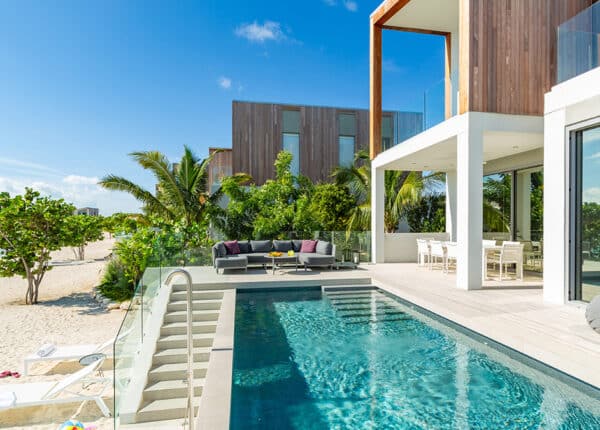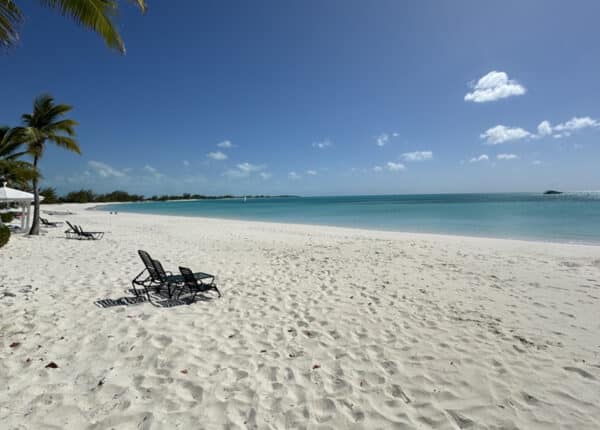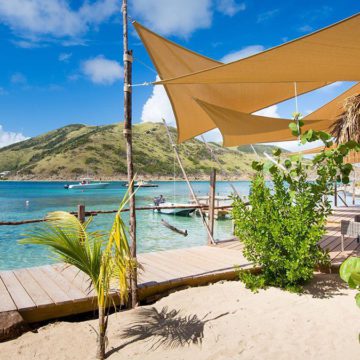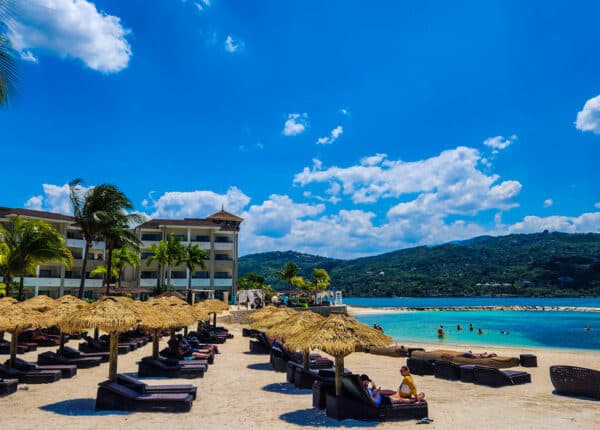By Dennis Chung
CJ Contributor
Playing Cricket on a Volleyball Court
ANYONE who knows the game of cricket would know how difficult it would be to fit all 22 players, both umpires, and both sets of stumps on a volleyball court. It would of course be possible to do so, but would be very uncomfortable and would upset the free flow of the game.
It would, for example, be very difficult for the batsman to make any runs, even though the boundary may seem so close, because he would be surrounded with fielders, and the hard surface of the volleyball court would make it difficult to bat on.
This reminds me of what Jamaica has been like for businesses and the PAYE worker. It just seems as if from the start we may have designed Jamaica to be a difficult place to do business and find opportunity. In other words, is Jamaica designed for failure rather than success? Is this the main reason why Jamaicans go to other countries and seem to do so well, while the same Jamaicans struggle here? Is it that we are all trying to play cricket on a volleyball court, where we can see the boundary but can’t make the runs because of the myriad of obstacles in the way.
We have debated for a very long time that a big part of the challenge to our economic and social progress are the structural obstacles that are in our way. These are very well identified as (1) the cost of energy; (2) the need for tax reform; (3) the cost of the lack of law and order; and (4) the imposing and inefficient bureaucracy.
The fact is that if this economy is to grow it can happen only through private sector effort. And if we are going to see a significant private sector impact, then we must ensure that not only the playing field is level for all but that we have the right playing field for the game that we are playing.
So, for example, if we want to continue the growth in tourism, then we must of necessity protect our natural environment (including our beaches) and deal swiftly with law and order generally, and tourist harassment specifically. If we are going to get into the agro processing in a big way, then we must deal with the issues of energy costs and praedial larceny. If we are to encourage the proliferation of new business ventures, then the bureaucracy surrounding company formation and paying taxes must be improved significantly.
The global competitiveness report, for example, ranks us as 163 out of 185 countries, with respect to ease of paying taxes. Where we spend over 360 hours per year paying 72 different tax types, while Singapore spends 86 hours per year paying four different tax types.
One of the more significant challenges we face is the inefficiency and low levels of productivity in the public sector bureaucracy. If we are to address this then it requires that we rethink the way that we operate the public sector. The current system of rules do not facilitate efficiency, value added thinking, or cost optimisation (more important in the public sector than profitability, as the public sector should not be geared towards profitability but rather service). To solve this problem, we need to change the rules and compensation system to allow the creativity of the people in the public sector to come to the fore and for productivity to be rewarded, rather than tenure.
The problem we face today, is that from the start of independent Jamaica, we lay the foundation for failure. I had to say to someone yesterday that it is more important to rely on systems, for control, rather than people. In other words in our daily operation there should not be an emphasis on personality. We should not design laws around personalities, such as our current laws which refer everything back to a minister. We also need to have a system of governance that ensures checks and balance, rather than the current system we have where it is a first past the post who gets everything. This is the total contrast in the US where the whole governance process has many checks and balances.
The question therefore is, did we design Jamaica to fail from the start, and if we are to really see the growth and development that we so desperately need, then should we not be looking at some of these structural issues that prevent us from realising our potential. The IMF agreement does attempt to address many of these structural issues, through the timeline surrounding the passing of certain legislation, such as the insolvency act and the omnibus tax incentive act. And while we seek to address many of the structural changes we also need to be very careful that when we implement these that a clear value added is identified, so that it moves us to a cricket pitch, rather than just add some painted lines to the volleyball court.
In other words, we must ensure that any structural changes that we make that they actually cause the revolutionary change needed, rather than cause pain for nothing more than a different perspective of the same situation.
So, if we want to be competitive in the global market, and change the fortunes of the last 50 years, of our business community and citizens, we need not upgrade just the volleyball court but change the cricket match to a proper cricket pitch.
Dennis Chung is a chartered accountant and is currently Vice President of the Institute of Chartered Accountants of Jamaica. He has written two books: Charting Jamaica’s Economic and Social Development – 2009; and Achieving Life’s Equilibrium – balancing health, wealth, and happiness for optimal living – 2012. Both books are available at Amazon in both digital and paperback format. His blog is dcjottings.blogspot.com. He can be reached at drachung@gmail.com.







